Posts Tagged "INVEST Act"
The Senate needs a new transportation bill—and over 120 elected officials and organizations agree
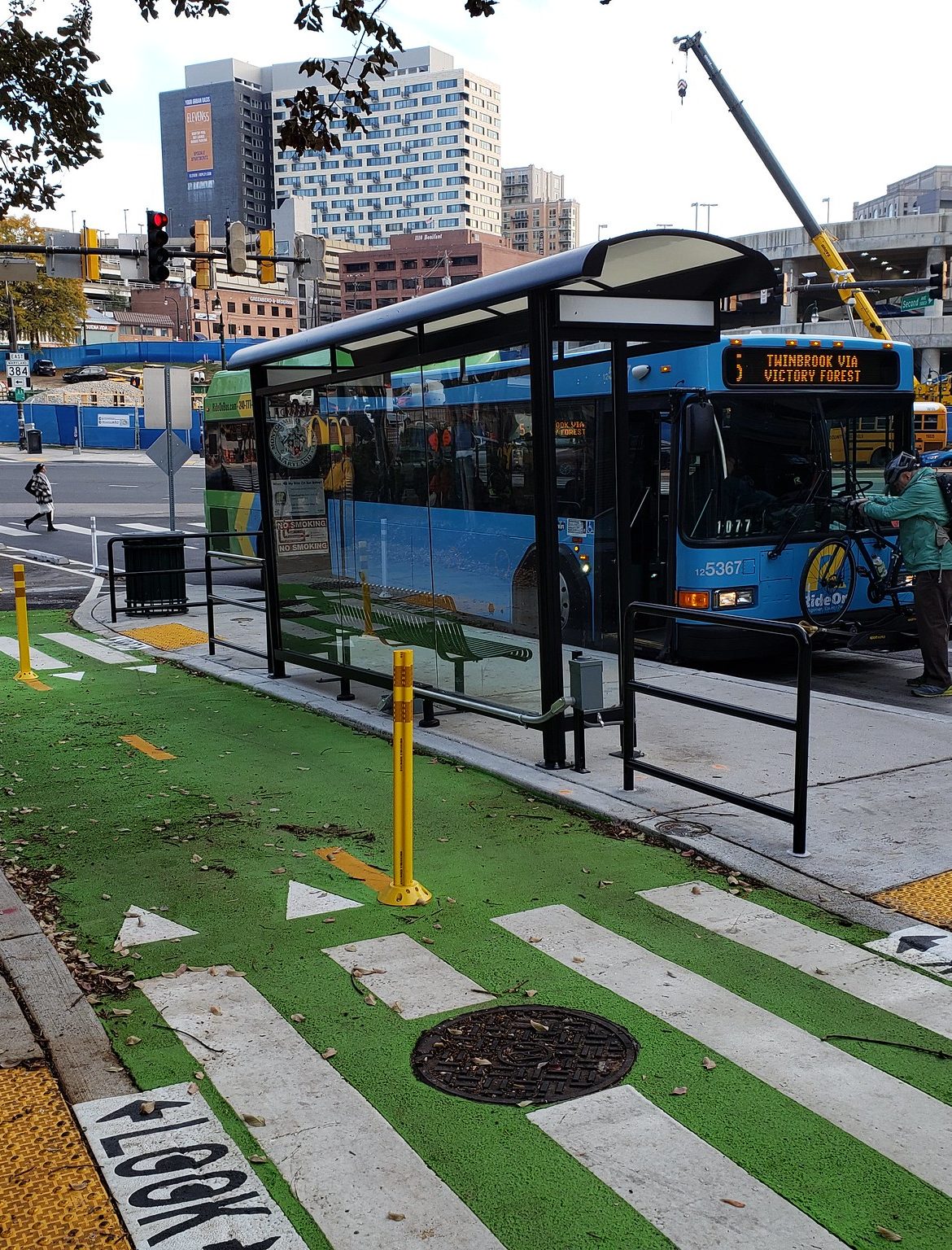
Current long-term transportation policy expires this September, giving Congress a rare opportunity to fundamentally rethink American transportation. That’s why the House passed a transformative bill last summer—but the Senate Environment and Public Works Committee passed a status quo bill that would just make our problems worse. Over 120 elected officials and organizations signed our letter urging the Senate to take a new course.
Why the INVEST Act is good for climate and business

We can have it all: a federal transportation program that reduces carbon emissions while boosting our economy. The House of Representatives led the way last summer with the INVEST Act, a bill that starts the work of connecting federal funding to the transportation outcomes Americans—including our businesses—need. Here’s how.
Unsafe streets in marginalized communities lead to inequitable traffic enforcement
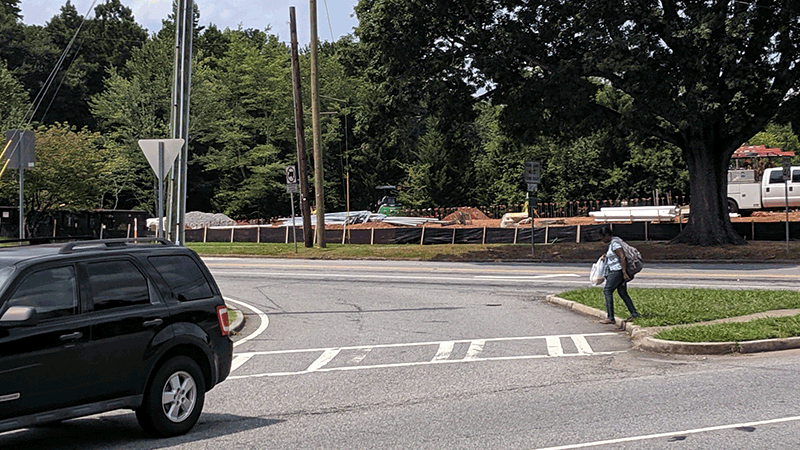
Equitable enforcement of traffic rules is a major national discussion. But under-discussed is the role dangerously-designed streets play in putting Black and brown people in a perilous position: break traffic law and risk interacting with police, or put themselves in harm’s way when navigating unsafe infrastructure. Here’s our recap on a recent House hearing on equitable enforcement of traffic rules.
Why the Senate’s transportation bill is terrible for climate

Last summer, the Senate Environment and Public Works Committee passed a long-term transportation bill that was praised for its climate title, marking the first time the word “climate” was included in a bipartisan transportation bill. But while this climate title was worth celebrating, the bill overall would actually result in more emissions, not less. Here’s how, and why we need a different approach.
A bipartisan transportation bill isn’t always good: but it can be
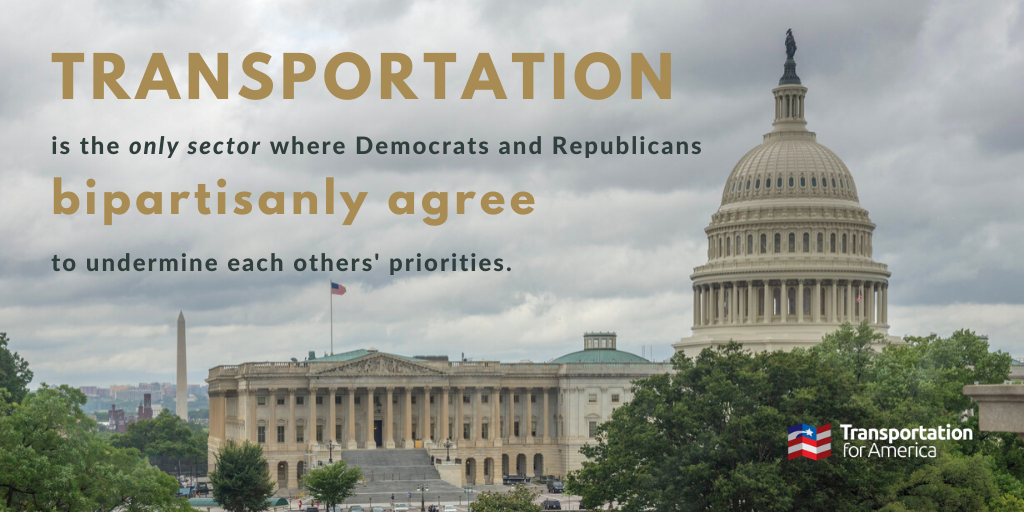
Last summer, the Senate Environment and Public Works Committee passed a transportation bill lauded by both sides of the aisle. While the bill was indeed bipartisan, it does great damage to the priorities of both the Democrats and Republicans. Our director Beth Osborne explains why bipartisanship on its own doesn’t make a bill good, and how it’s possible to create a transportation bill that achieves both parties’ objectives.
Three things to know about FY2021 House transportation appropriations
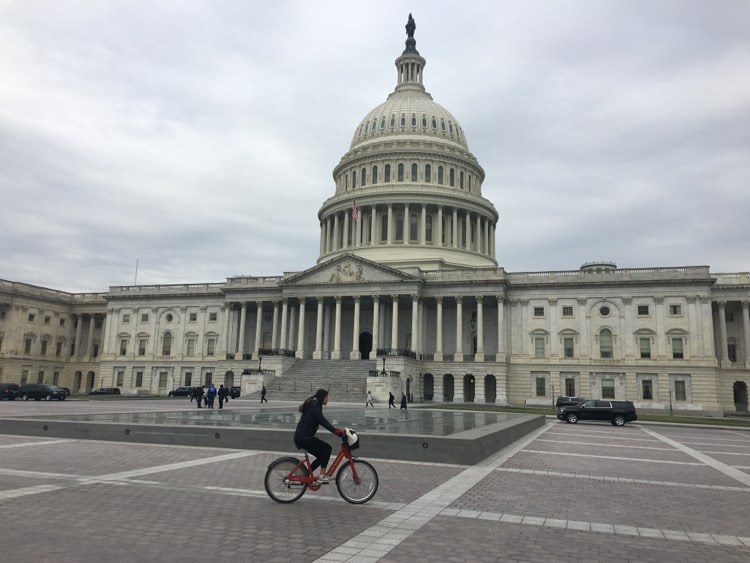
Earlier this month, the House Appropriations Committee approved transportation funding levels for fiscal year 2021. Emergency funding for the primary transit construction program and passenger rail is great, but more money for highways—funnelled into existing broken programs that just make traffic worse—is not. Here’s what’s to like and not to like in the House FY2021 transportation appropriations bill.
Five things Congress can do to save transit
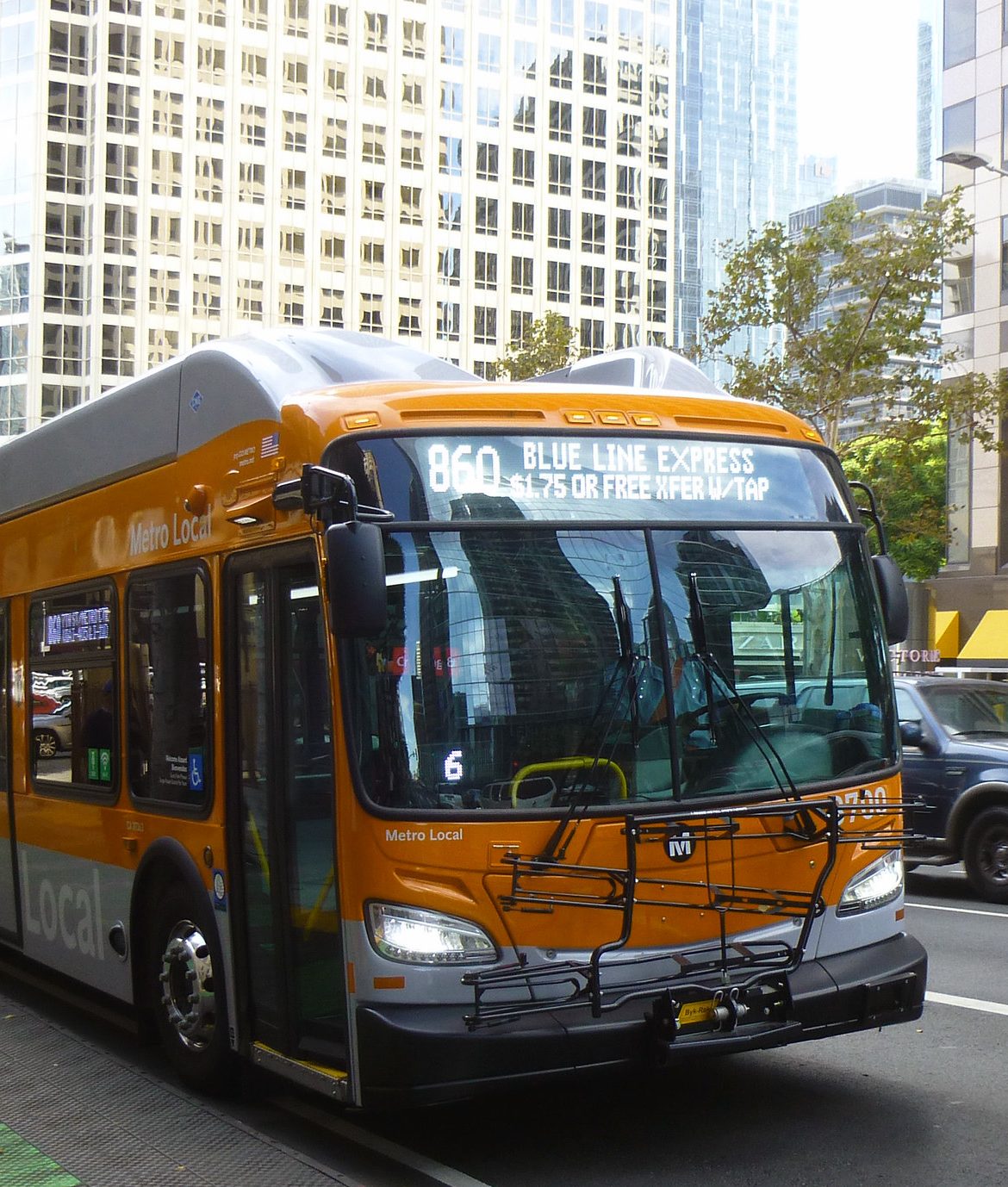
Public transportation is in crisis. Transit agencies are suffering tremendous losses in ridership and farebox revenue, as well as state and local revenues, with no end in sight. Meanwhile, the multi-year transportation bill passed in the House of Representatives that includes some relief for public transit won’t pass anytime soon. Here’s what Congress must do to truly save transit from collapsing.
Biden/Sanders Unity Task Force report falls short on climate
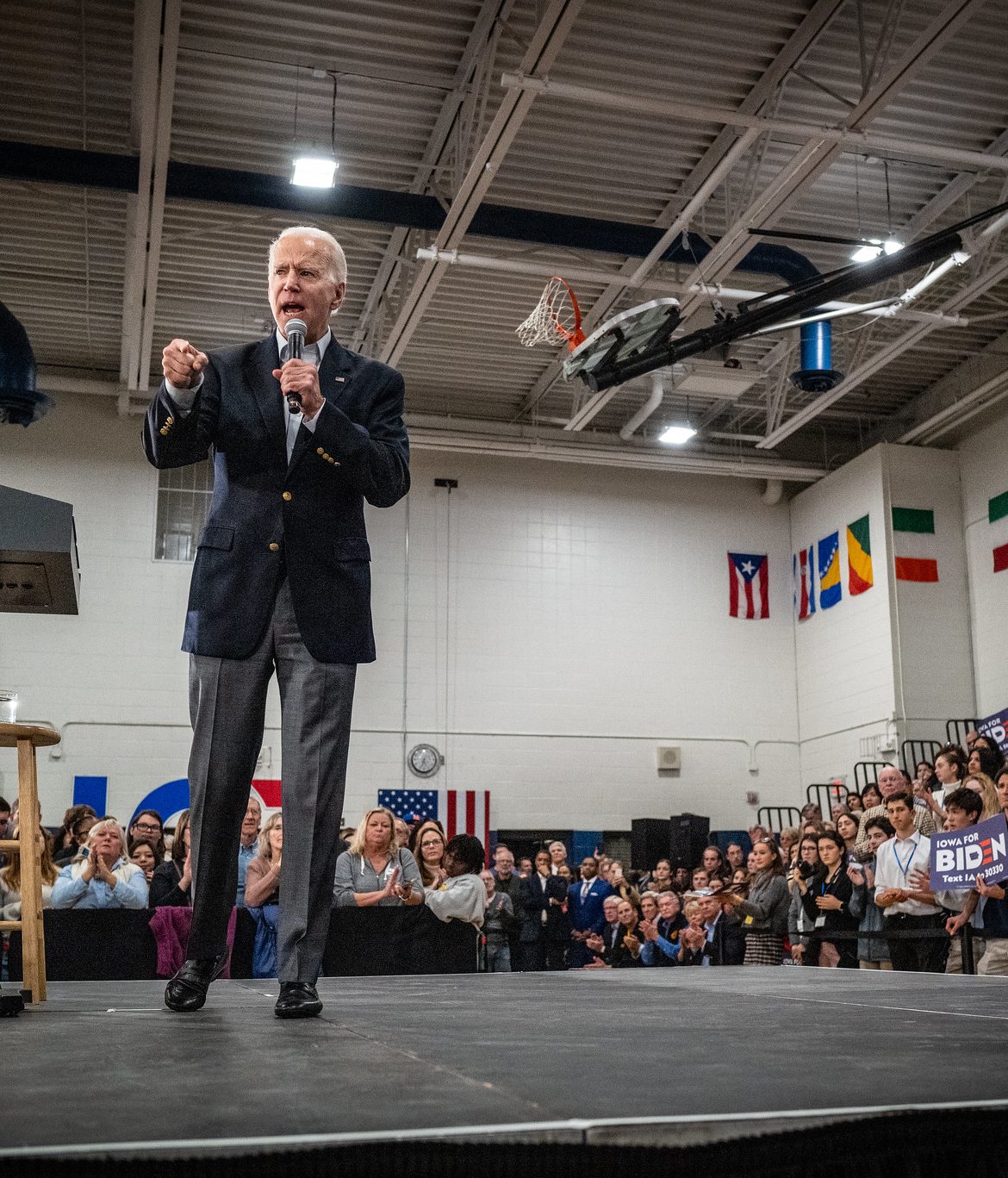
Last week, Joe Biden’s presidential campaign jointly released policy recommendations across a range of issues in partnership with Bernie Sanders supporters through a Unity Task Force. Climate change takes a prominent role in the 110-page report, but the proposal fails to call for the comprehensive changes needed to address transportation emissions. Here’s how the Unity Task Force recommendations fall short, particularly in comparison to the House’s new climate blueprint and the INVEST Act.
What’s next for the INVEST Act?

Last week, the House passed a long-term transportation authorization—the INVEST Act— as part of the Moving Forward Act, House Democrats’ large infrastructure package. But the INVEST Act likely won’t become law anytime soon. Here’s how the INVEST Act advances the debate by moving the starting line for future legislation—and pressing the Senate to do something better.
Release: 88 elected officials, organizations, and businesses thank the House Transportation Committee for passing the INVEST Act

Last week, 88 elected officials, organizations and businesses signed a letter written by Transportation for America commending the leaders of the House Transportation and Infrastructure (T&I) Committee for passing a new framework for the federal transportation program.
Five things to know about the INVEST Act, and how it compares to Senate bill
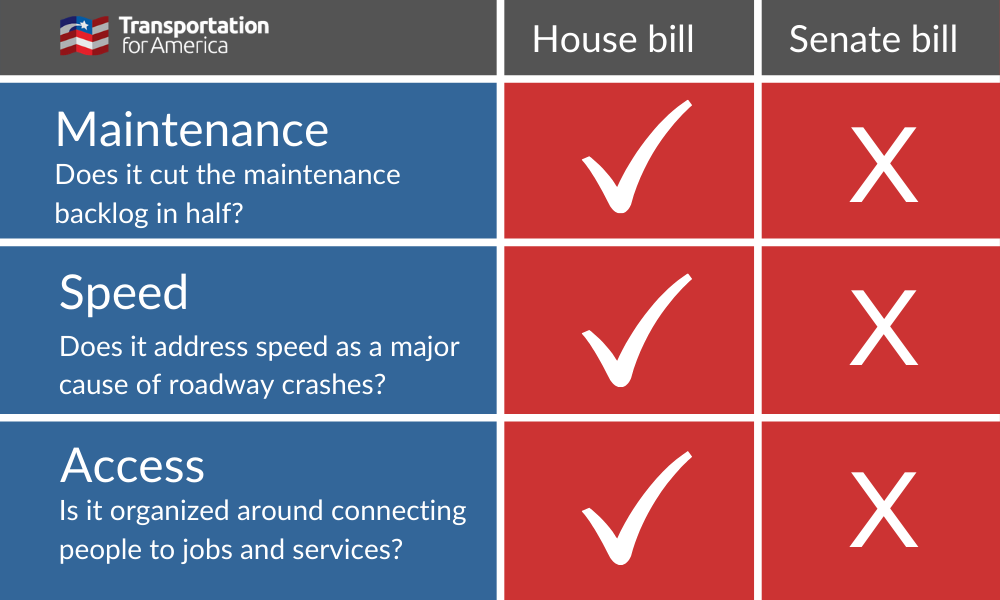
With the INVEST Act clearing a crucial vote in committee last week, it moves to the full House for a final vote. We’ve covered the bill from nearly every angle, but here are five important things to remember as the bill moves forward, including how it radically outperforms the Senate’s status quo proposal on reauthorization.
House committee passes a new kind of transportation bill: the INVEST Act
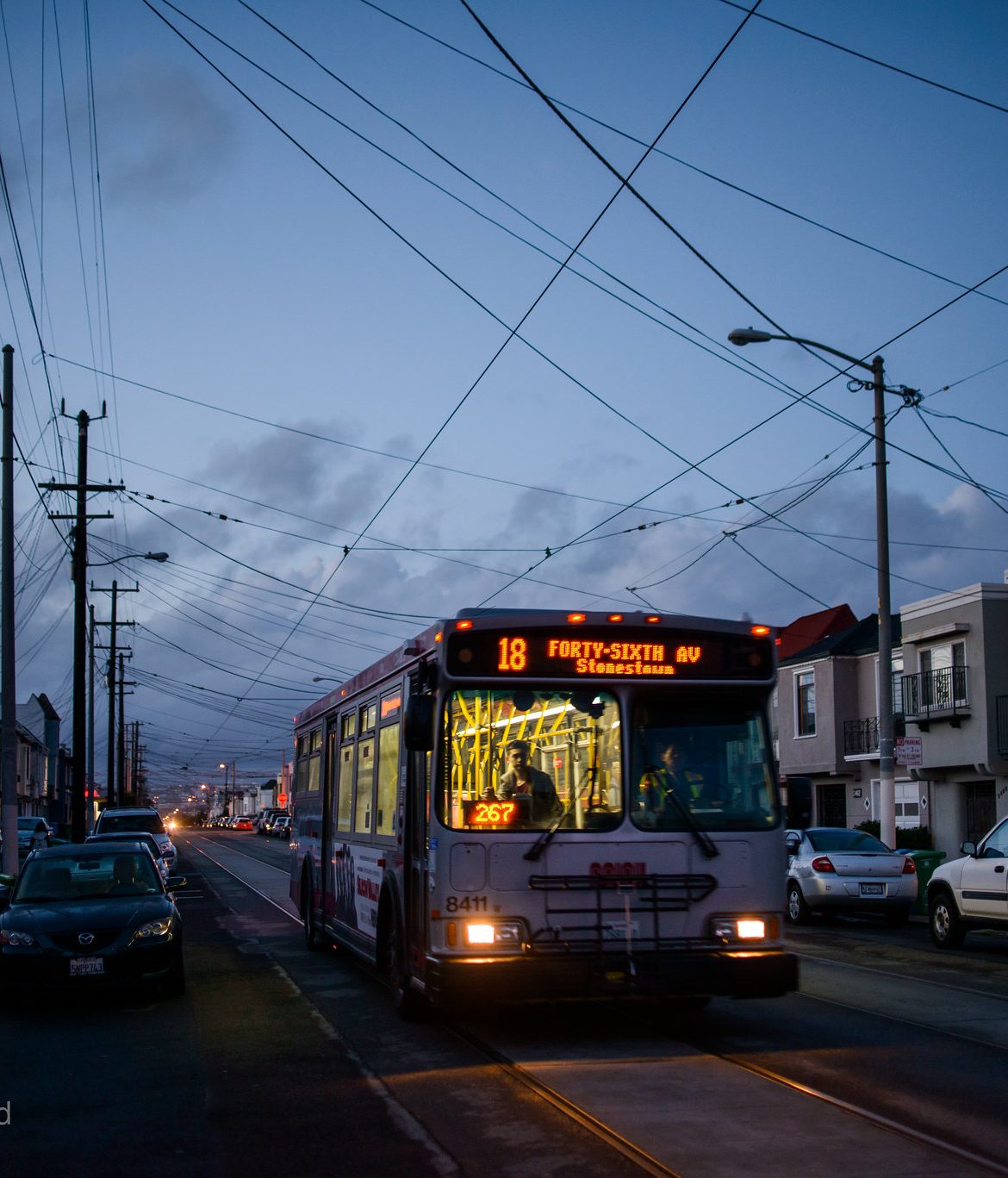
After two days of debate, the House Committee on Transportation & Infrastructure passed its proposal for long-term surface transportation policy last week. The INVEST Act starts the work of updating our broken federal transportation program by prioritizing maintenance, safety, access, climate, and equity. T4America thanks Chairman Peter DeFazio for leading this effort and we urge the House to pass this modern bill next week.
Improving safety by making it a priority throughout the INVEST Act

As noted in our scorecard, the House’s INVEST Act transportation bill takes important strides to make safety a priority, from the inclusion of new performance measures all the way down to making changes with how agencies set speed limits. Here are five things to know.
Here’s how the new House bill prioritizes getting people where they need to go

It’s surprising, but the current federal transportation program doesn’t actually require that states spend federal funds to improve people’s access to jobs and services. This is why the bulk of transportation funding goes to increasing vehicle speed, a “goal” that fails to help many people get where they need to go. The new transportation proposal from the House of Representatives fixes that with a powerful new performance measure and grant programs.
UPDATED: Amendment to the House’s INVEST Act *will* close the repair loopholes
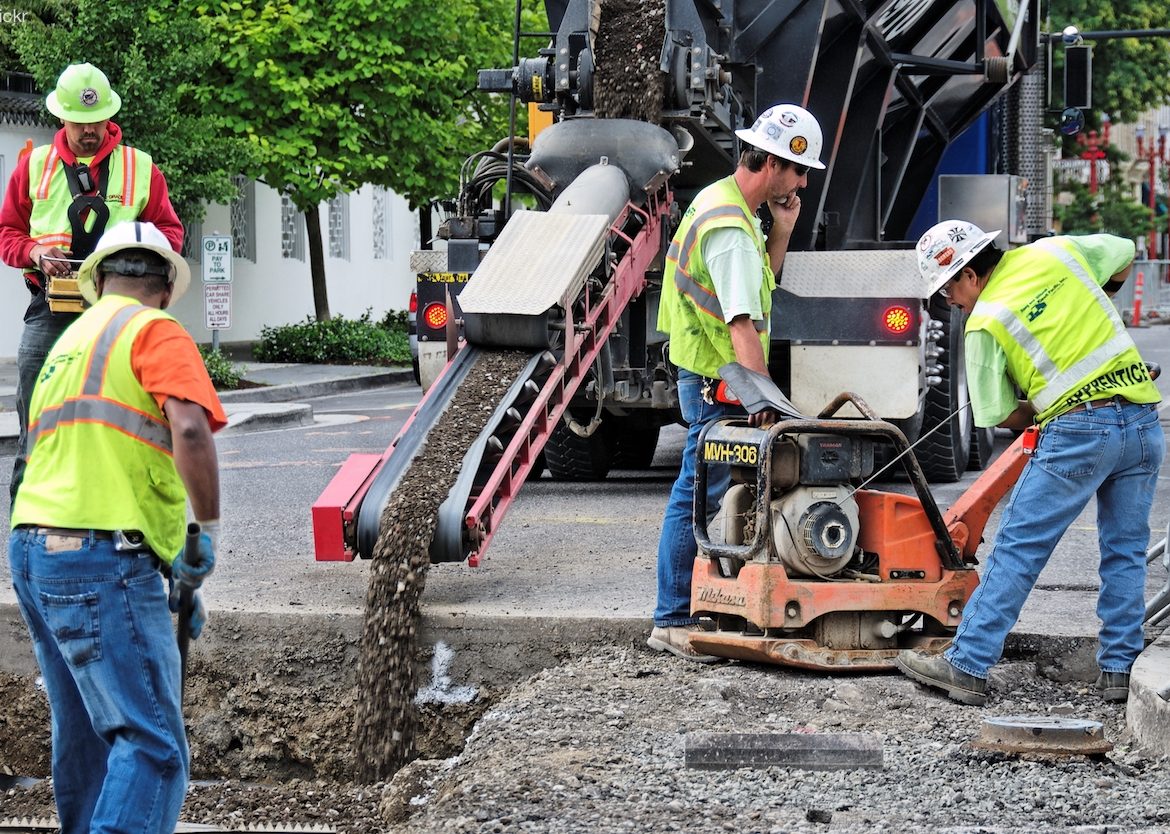
UPDATE: This vital amendment to strengthen the repair provisions in the bill was approved. Read more.
House transportation bill goes big on climate
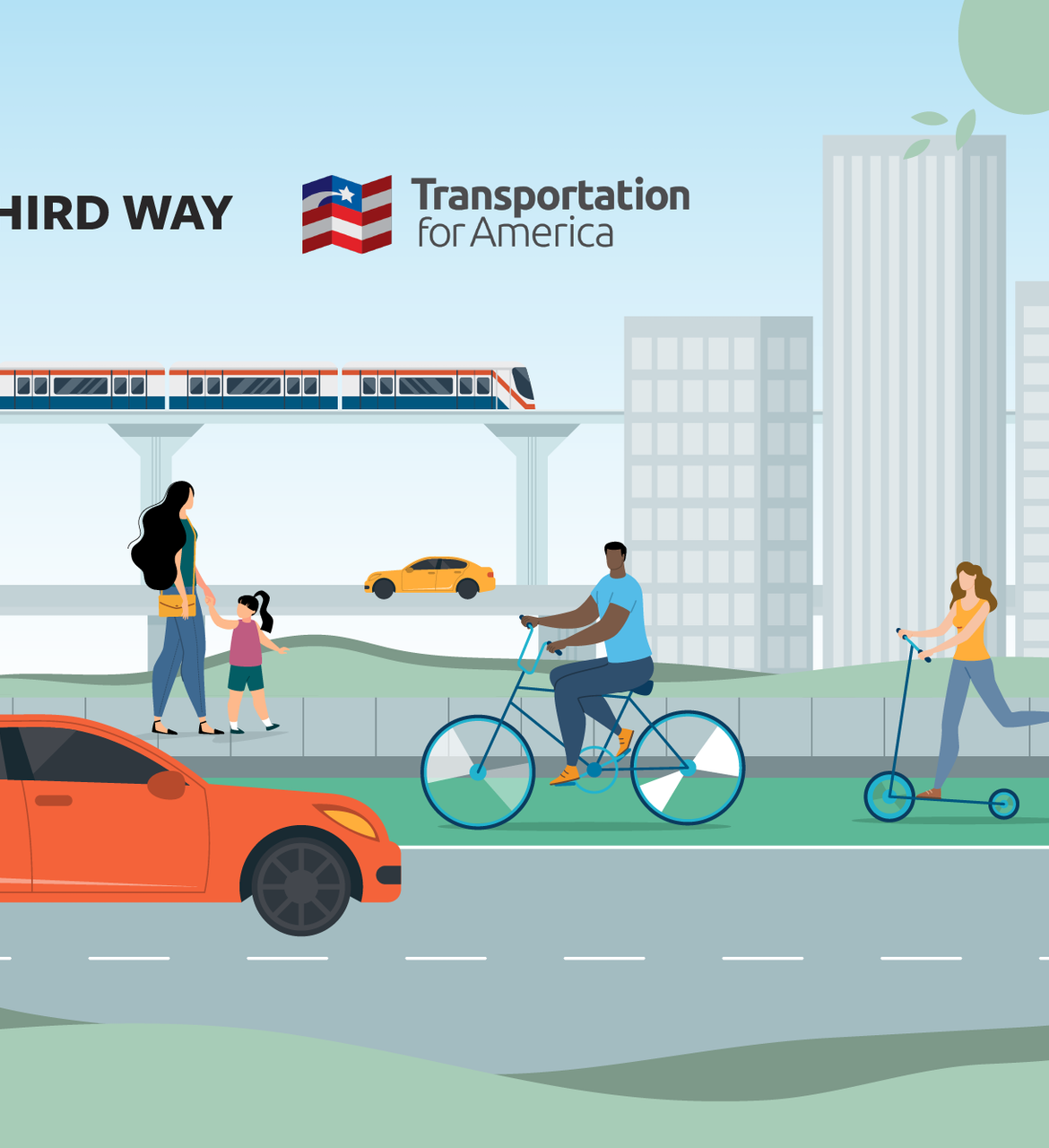
House transportation leaders introduced legislation to update our national transportation program to address climate, equity, safety and public health. Climate advocates and climate leaders on the Hill should recognize the strides taken with this proposal from Congress and fight to protect those changes in the bill.
The House bill needs some changes to make repair the number one priority
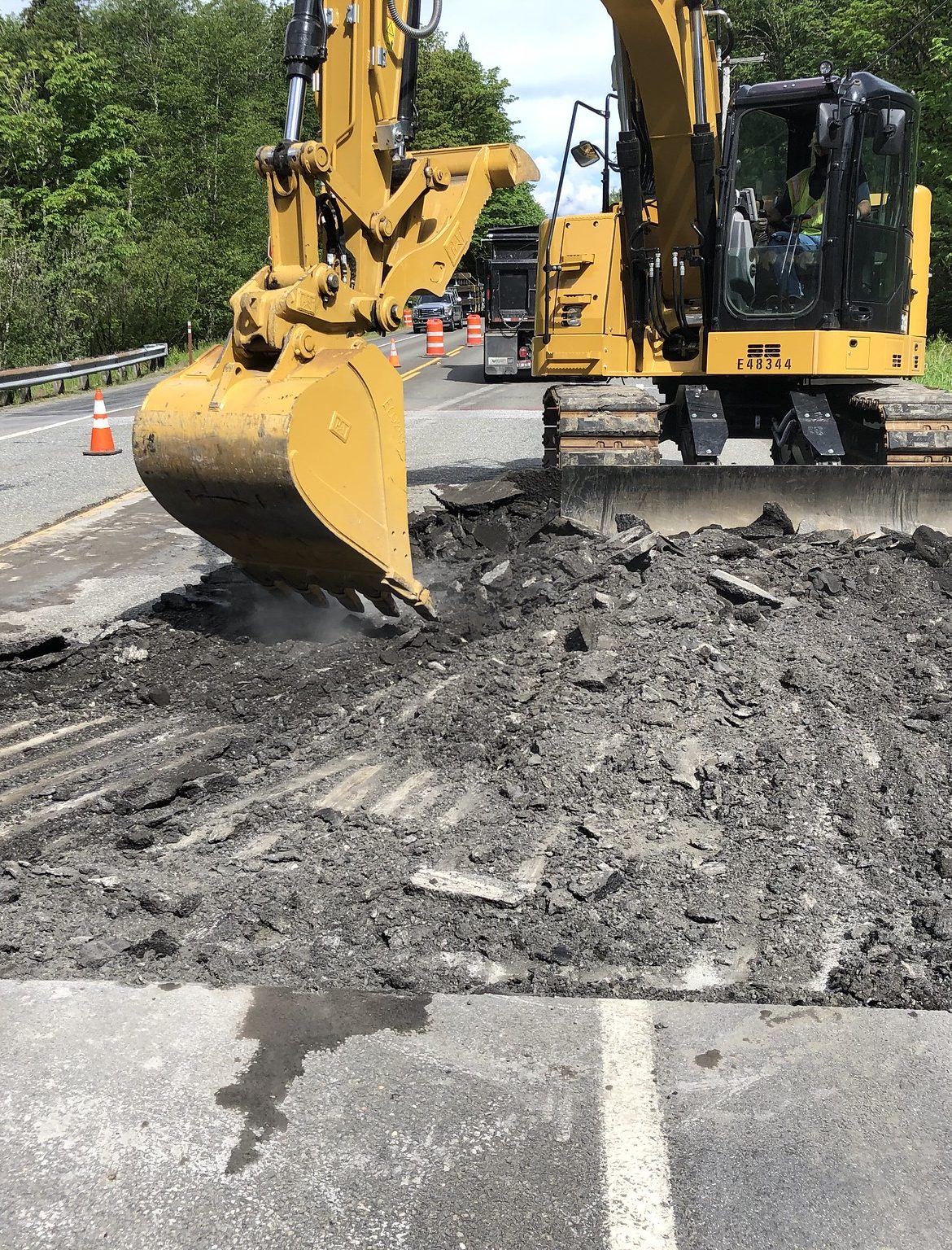
The House’s new INVEST Act made a strong effort to prioritize maintenance, but there are still loopholes that can allow states and metro areas to avoid the legislative intent of a real, concrete focus on repair first. Here’s a run down on our concerns with the repair provision and how it could be strengthened in next week’s markup in the House transportation committee.
House builds on the FAST Act’s change to provide better and more balanced passenger rail service

Expanding and improving our nation’s passenger rail network to bring better, more reliable passenger rail service to more people is one of the best ways to improve access for millions of Americans in big urban areas and small rural ones alike. The House transportation bill takes some important steps to balance passenger rail with the rest of our transportation investments. Here are the details.
Nine other important things to know about the House’s transportation bill

Last week the House Transportation and Infrastructure Committee released a multi-year transportation bill that starts to connect transportation spending to accomplishing measurable outcomes, including our three core principles. Here are seven other important other things to know about the House’s introductory effort to replace the FAST Act, which expires this December.
How well does the House’s new transportation bill advance T4America’s core principles?
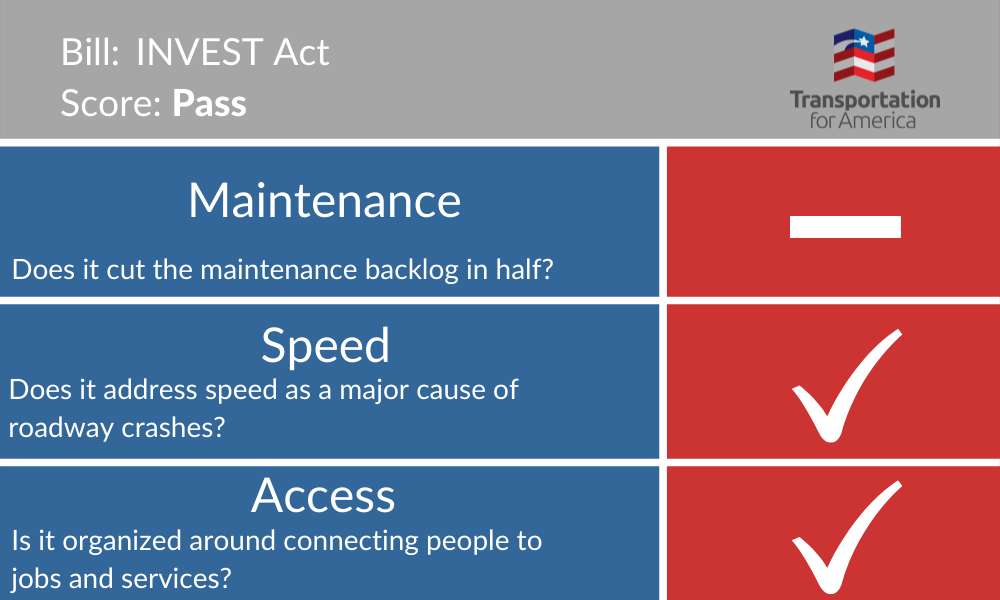
Federal transportation policy is in desperate need of an overhaul. This week, the House Transportation and Infrastructure Committee released a bill that makes substantial changes to connect the program to outcomes that Americans value. Here’s more on how the House bill starts to redirect transportation policy toward maintaining the current system, protecting the safety of people on the roads, and getting people to jobs, schools, groceries and health care.



















